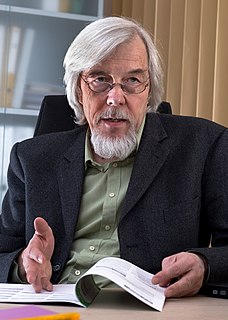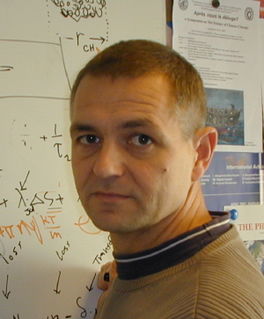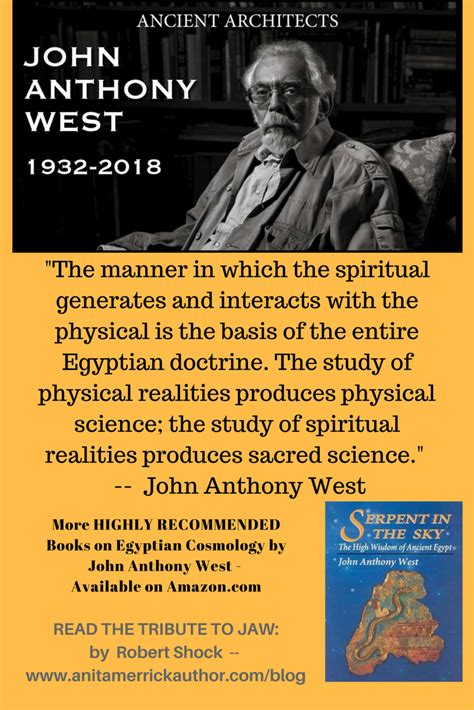A Quote by Paul G
Art is about cosmic beauty. Science is about cosmic order. Religion is about cosmic purpose.
Related Quotes
We hunger to understand, so we invent myths about how we imagine the world is constructed - and they're, of course, based upon what we know, which is ourselves and other animals. So we make up stories about how the world was hatched from a cosmic egg or created after the mating of cosmic deities or by some fiat of a powerful being.
That is a cosmic perspective, that's correct. And in tandem with that, you will never find people who truly grasp the cosmic perspective such as the entire community of astrophysicists leading nations into battle. No, that doesn't happen. When you have a cosmic perspective, there's this little speck called Earth and you say you're going to do what? You're on this side of a line in the sand and you want to kill people for what?
On the other hand, I view the whole matter from a cosmic perspective. I don't take a position. I believe that there are no more positions to take, no certainties, no facts. Many people find this confusing about my films; they say I am hiding out behind irony. But from a cosmic viewpoint, it is eternally unimportant whether one lives or not.
At the moment, it actually says nothing about a possible cosmic-ray effect on clouds and climate, but it's a very important first step.” This may be because he was ordered to speak circumspectly. According to science writer Nigel Calder, Rolf-Dieter Heuer, the director of the CERN lab, told a German newspaper that “I have asked the colleagues to present the results clearly, but not to interpret them. That would go immediately into the highly political arena of the climate change debate. One has to make clear that cosmic radiation is only one of many parameters.
Hundreds of years ago, Indian artists created visual images of dancing Shivas in a beautiful series of bronzes. In our time, physicists have used the most advanced technology to portray the patterns of the cosmic dance. The metaphor of the cosmic dance thus unifies ancient mythology, religious art and modern physics.
In my view, The Temple of Man is the most important work of scholarship of this century. R. A. Schwaller de Lubicz finally proves the existence of the legendary 'sacred science' of the Ancients and systematically demonstrates its modus operandi. It was this great science-based upon an intimate and exact knowledge of cosmic principles-that fused art, religion, science, and philosophy into one coherent whole and sustained Ancient Egypt for three thousand years.






































